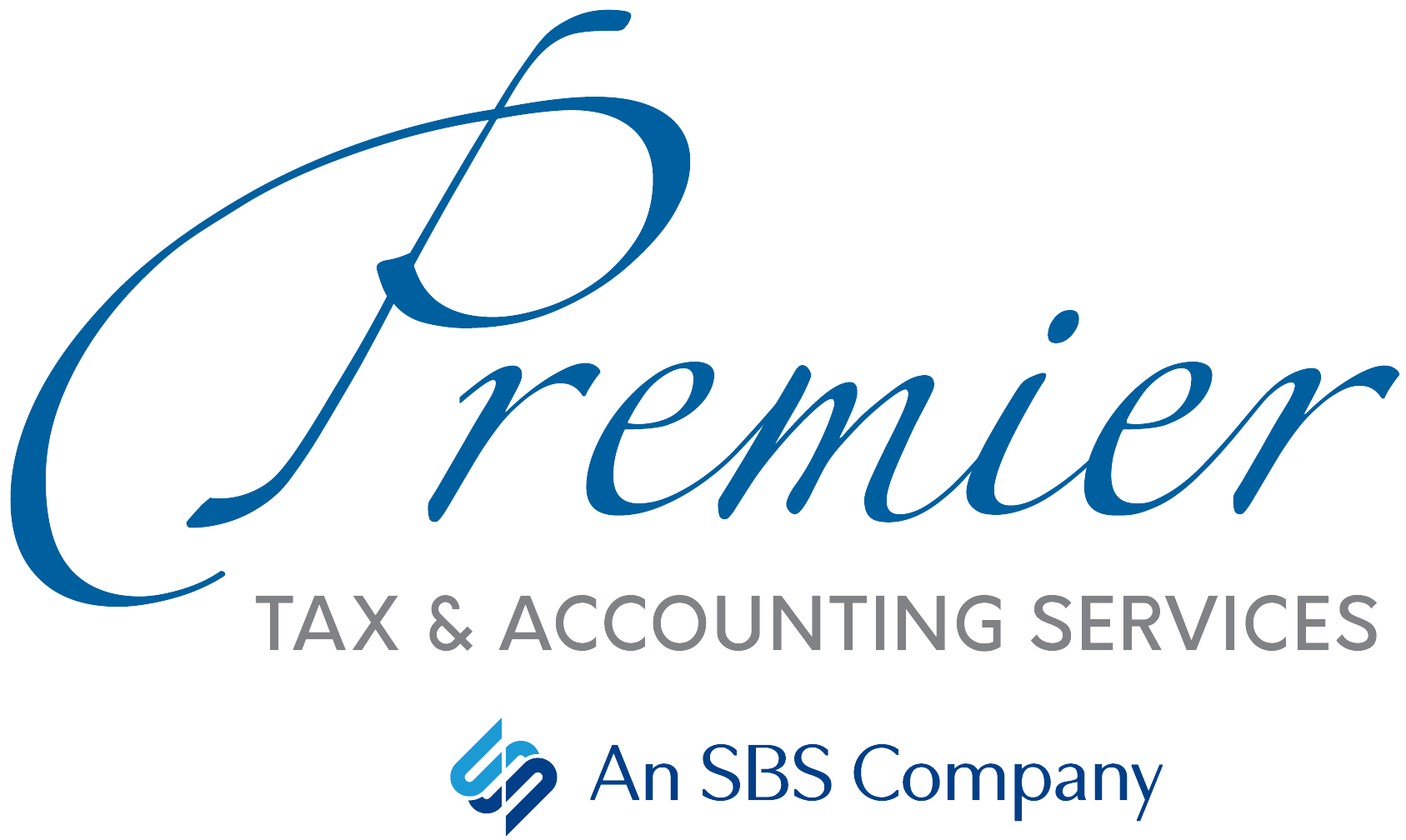There’s only eight weeks left until the calendar changes to 2023 — and you know what that means: It’s time to review your year-end financial situation. Tax planning between now and December 31 can have a significant impact on how much tax you have to pay (or how big your refund will be!) next April. But time is running short, so check the list below to get started.
Year-End “To-Do” List
#1 Check Charitable Donations — Previously, as part of Covid-related tax changes, you could claim a limited charitable deduction even if you didn’t itemize ($300 for singles and $600 for marrieds filing jointly). However, that provision has expired and no longer applies to 2022 tax returns. Of course, you can still donate to charities, but you cannot deduct the contributions unless you itemize deductions.
#2 Give Financial Gifts — Take advantage of the annual gift exclusion to transfer money to your kids and grandkids. Or, make tax-free transfers by paying education or medical expenses directly to the provider, or to a 529 education savings plan. The 2022 annual gift exclusion allows for tax-free gifts up to $16,000 per donee without it counting toward your lifetime gifting exemption.
#3 Fund Your Retirement — Maximize contributions to your retirement accounts, such as a 401(k), 403(b), Roth 401(k), etc. The employee maximum deferral contribution is $20,500, plus a $6,500 “catch-up” contribution if you’re 50 or older. For traditional IRAs and Roth IRAs, the maximum contribution is $6,000, plus a $1,000 “catch-up” contribution if you’re 50+. While you’re at it, review your retirement account beneficiary designations to ensure they are still what you want.
#4 Take Your RMDs — Your required minimum distribution (RMD) is the minimum amount you must withdraw from your retirement account(s) each year, although you can always withdraw more without penalty. Thanks to the SECURE Act, however, if your 70th birthday is July 1, 2019, or later, you do not have to take retirement account withdrawals until you reach age 72. So, your first RMD must be taken by April 1 of the year in which you turn 72. After that, your RMD must be taken by December 31 of each year. Fail to do so and you’ll be hit with a penalty of 50% of the RMD.
#5 Fund Your HSA — If you are covered by a qualified high-deductible health plan and meet other requirements, you can contribute pre-tax income to an employer-sponsored Health Savings Account (HSA) or make deductible contributions to an HSA you open on your own. An HSA can earn interest or be invested, growing in a tax-deferred manner similar to an IRA. And HSA withdrawals for qualified medical expenses are tax-free. You can also carry over a balance from year to year, allowing the account to grow.
#6 Review Your Investments — Taxes on capital gains can add up. Review your investments now to see if you will have a significant capital gain this year. If so, consider selling an investment on which you have an accumulated loss. You can claim capital losses up to the amount of your capital gains plus $3,000 per year ($1,500 if married filing separately) as a deduction against income.
#7 Consider Your Income — If you anticipate an increase in your taxable income for 2023, and are expecting a year-end bonus, try to receive it before December 31, 2022. Accelerating income into 2022 is a good idea if you expect to be in a higher tax bracket next year. Conversely, if you expect to retire in 2023 or have reduced income, consider pushing bonuses and other extra income into 2023.
#8 Remember Your Child’s Income, Too — Children with unearned income are allowed a standard deduction of the greater of $1,150 or the child’s earned income plus $400, but not more than the regular standard deduction ($12,950 in 2022). The next $1,150 of unearned income is taxed at the child’s tax rate. Then any amount over $2,300 is taxed at the rate for single individual filers. Note: If your child is under age 19 (or under age 24 and a full-time student) and both you and your child meet certain qualifications, then you can include the child’s income on your tax return.
#9 Verify Withholding Amounts — You can use the IRS’s tax withholding estimator to make sure your withholding and estimated taxes align with what you actually expect to pay. Remember that most income is taxable, including unemployment compensation. If you received non-wage income like self-employment income, investment income, taxable Social Security benefits and, in some instances, pension and annuity income, you may be in danger of underpaying your taxes, which could result in penalties. In this case, you can make an end-of-the-quarter estimated tax payment or have additional taxes withheld from your next few paychecks.
#10 Make Business Moves, Too — If you own a business, consider purchasing some business supplies now to take additional deductions for 2022. Everything from printer paper to a new computer or filing cabinet can qualify as an eligible business expense. Now’s also the time to evaluate and write off any bad debts so you can deduct those. And make sure to keep your receipts related to the temporary 100% business deduction for food or beverages from restaurants. The temporary exemption expires on December 31, 2022, and will revert back to the 50% limit beginning in 2023.
Prep Now for a Smoother Tax-Filing Season
With thoughtful planning, you can make some financial moves to prepare for the 2023 tax-filing season. Start gathering your paperwork now, so you’re ready to go when Forms W-2, 1099-Misc and other income documents start arriving in the mail. If you have any questions, we’re here to help — just give us a call at 706-632-7850.
Only a few spots left!
Make your appointment now to talk with one of our tax pros about your year-end tax-planning moves.
Contact Kimberly today at 706-632-7850 to schedule your appointment.

Looking for something to do this holiday season? Visit the Fannin County Chamber website for details on these fun events:
Nov. 13 — Christmas Tour of Trees at Serenity in the Mountains
Nov. 14-15 — 4th Annual Christmas One-Stop Shop at Carroll’s Barbeque
Nov. 17-Dec. 11 — “Elf: The Musical” at Blue Ridge Community Theater
Nov. 18-Jan. 9 — Blue Ridge on Ice at the old Farmers Market
Nov. 19-Dec. 17 — Holiday Show & Sale at Blue Ridge Mountains Arts Association
Nov. 24-Dec. 23 — Mountain Country Christmas in Lights at Georgia Mountain Fairgrounds
Nov. 24 — Blue Ridge Turkey Trot 5K in Downtown Blue Ridge
Nov. 25 — Christmas on the River Tree Lighting in McCaysville
Nov. 26 — Light Up Blue Ridge & Christmas Parade
Dec. 3 — Copper Basin Christmas Parade
Dec. 4 — Christmas Tour of Homes
Dec. 10 — Merry Grinchmas at Fannin County Public Library
Register for UGA-SBDC Classes
Do you need help understanding Google and digital marketing? Are you ready to start your own business? Looking for guidance on creating a successful podcast? UGA’s Small Business Development Center is the place to go. You’ll find dozens of classes and workshops — both online and in-person — where you can learn more about all aspects of small business ownership.
For more details and class schedules, visit UGA’s SBDC website today.




